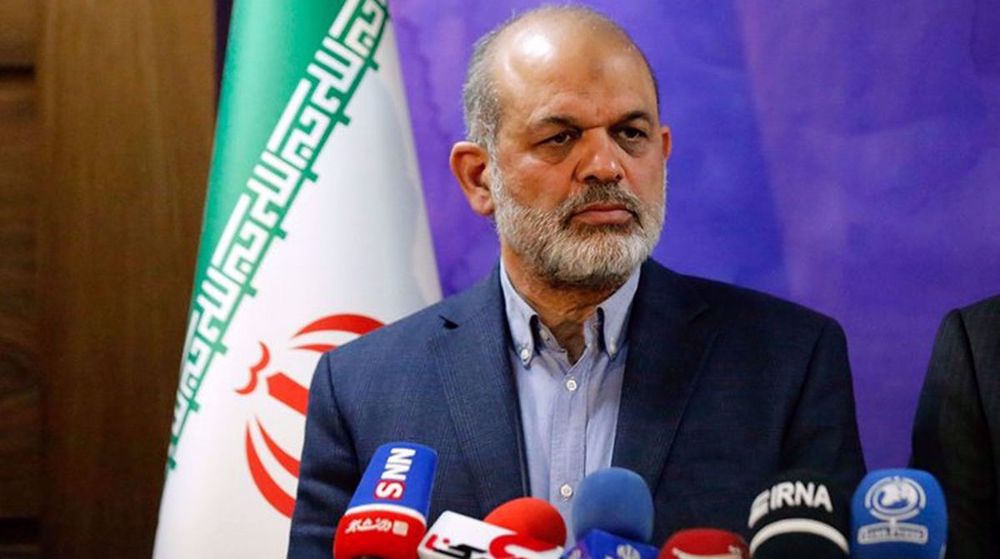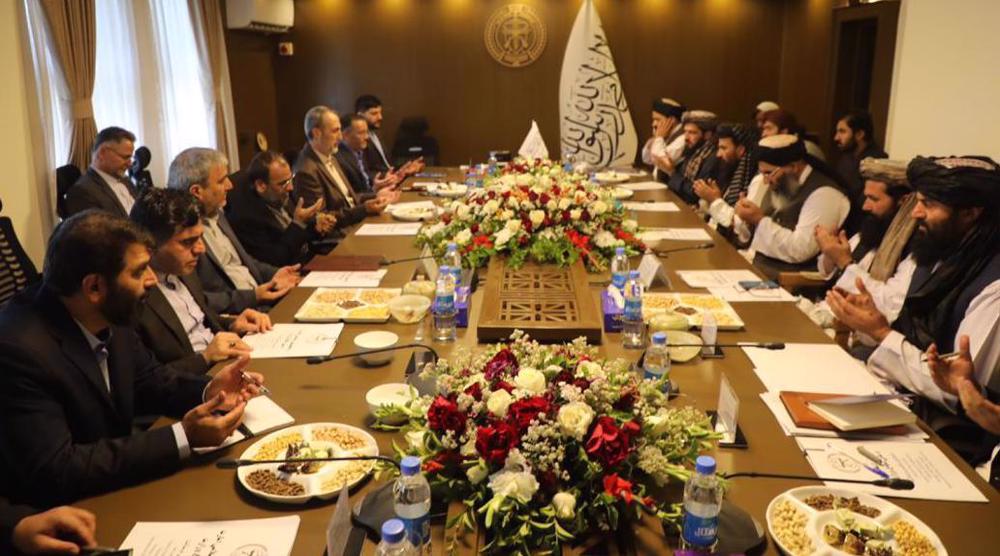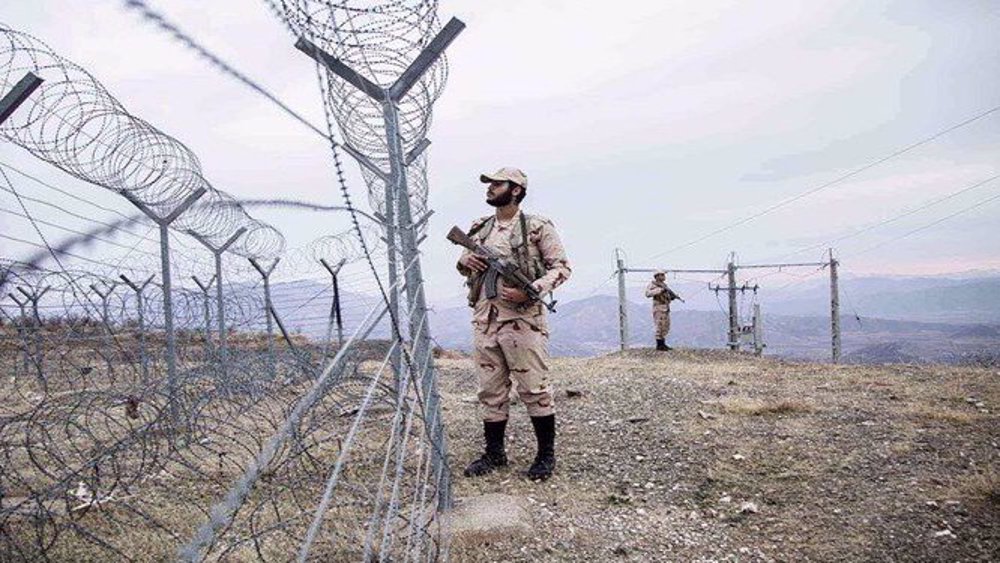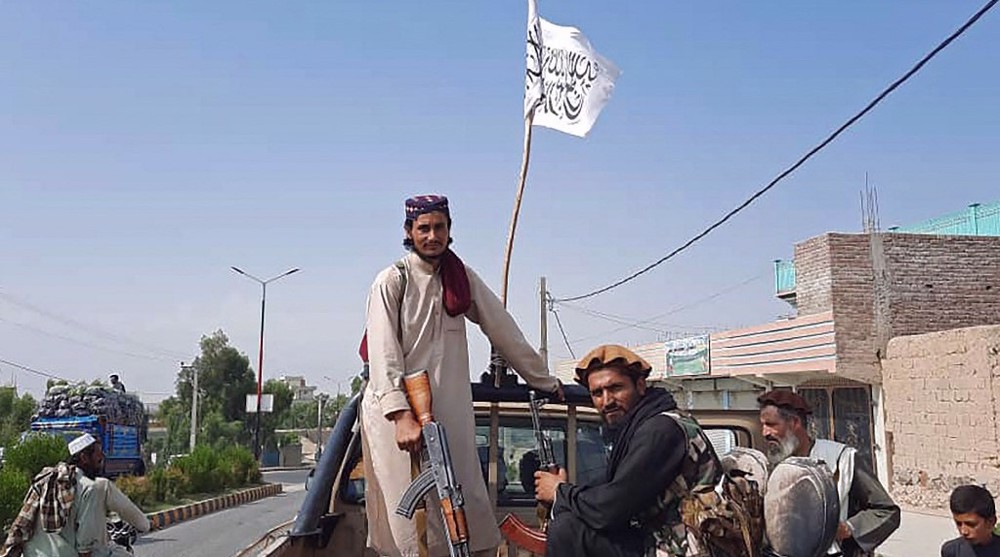Iran says border with Afghanistan secure after deadly Taliban attack
Iran’s interior minister said on Monday that tensions have eased on the eastern border with Afghanistan and the area is now secure, days after a deadly unprovoked attack by Taliban forces.
Ahmad Vahidi’s remarks came two days after two Iranian border guards were killed as heavily-armed Taliban forces opened fire at a border post in Iran’s Sistan and Baluchestan Province in violation of international law.
“We do not have any problem at the moment. The border point is in peace and open to traffic,” he said.
“There was a shooting by Afghan border guards, and naturally, we delivered a due response,” he added.
The interior minister also noted that the brief clashes ended and negotiations were held with the Taliban in this regard.
During a visit to Sistan and Baluchestan on Sunday, Commander of the Iranian Army's Ground Force Brigadier General Kioumars Heidari warned that the Islamic Republic will change its approach if Afghanistan fails to respect international regulations and the principles of good neighborliness.
He further said that the border areas with Afghanistan are under complete control of the Iranian Army's Ground Forces.
In August 2021, the Taliban managed to seize power after making sweeping advances across Afghanistan in the midst of a messy withdrawal of US-led foreign forces as well as the rapid collapse of the country’s security forces.
Iran says it does not recognize the ruling administration in Kabul, underlining the need for the formation of an inclusive Afghan government.
Recently, a long-lasting water dispute has resurfaced between Iran and Afghanistan. Afghanistan’s non-compliance with the 1973 water-sharing treaty and denying Iran its water rights under the pact have heightened tensions between Tehran and Kabul.
Over the past few weeks, high-ranking Iranian officials have urged the de-facto Taliban government in Kabul to adopt an effective measure to address the long-lasting issue by providing Iran its due share of water from the Helmand River Basin.
Water scarcity is taking a heavy toll on Iran’s southwestern Sistan region by harming its agriculture and water bodies.
UN rapporteur: Israel engaged in 'ethnic cleansing' in West Bank
French MPs adopt resolution, calling for seizure of Russian assets
Israel jets bomb Damascus outskirts as tanks advance in Quneitra
UN Security Council meeting on Iran ‘blatant political maneuver’: Envoy
US imposes new sanctions day after Trump's letter delivered to Iran
US activists denounce Trump for using 'Palestinian' as slur
Unilateral sanctions hinder Iranian women’s empowerment, prosperity: Experts
Iran summons EU3 envoys over 'provocative' meeting at UN














 This makes it easy to access the Press TV website
This makes it easy to access the Press TV website